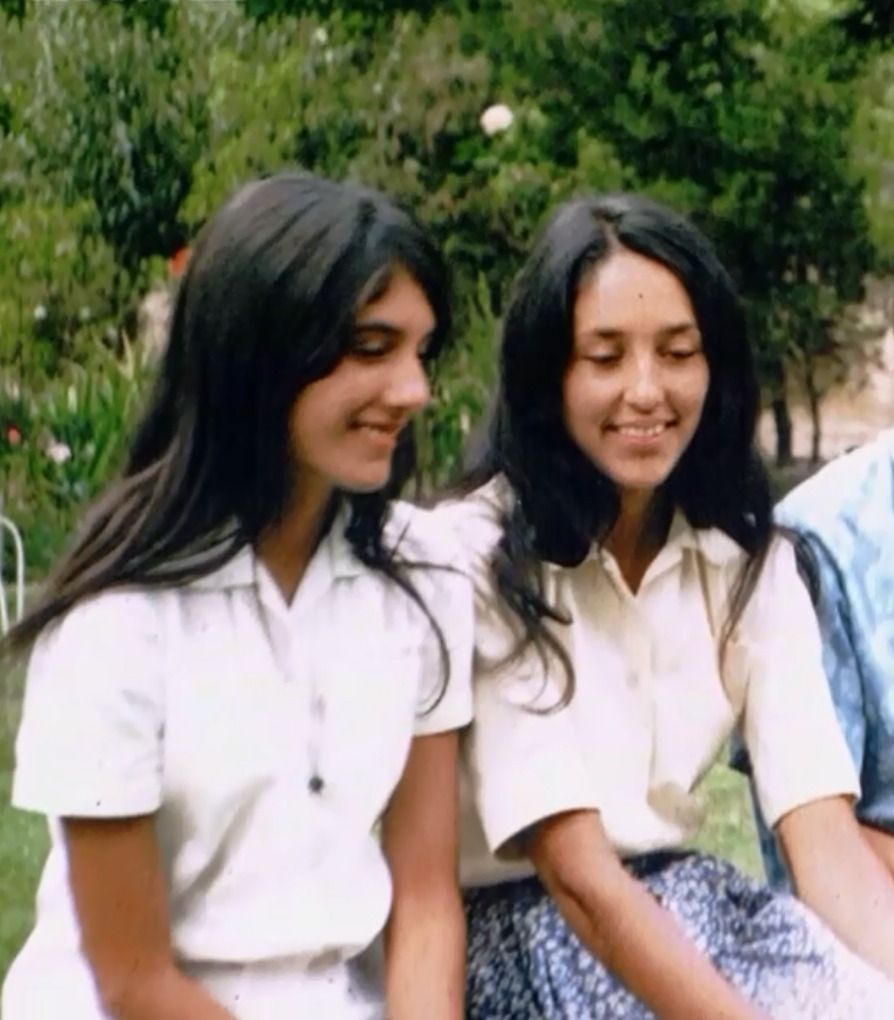
“I Am a Poor Wayfaring Stranger”: A timeless lament for the weary soul’s journey home.
In the annals of American folk music, few voices resonate with the profound honesty and moral clarity of Joan Baez. Her work is more than just music; it’s a testament to a life lived in service of justice, peace, and the human spirit. Yet, among her vast and celebrated catalog, there are moments of collaboration that shine with a unique, shared luminescence. One such moment is the hauntingly beautiful duet with her sister, Mimi Fariña, on the timeless spiritual, “I Am a Poor Wayfaring Stranger.”
This song, though its origins are shrouded in the mists of 19th-century America, found a new and poignant life in the hands of the Baez sisters. It wasn’t a commercial hit in the traditional sense, but its cultural impact was profound. While it didn’t chart on the Billboard Hot 100, its inclusion on the 1974 album ‘Joan Baez & Mimi Fariña’ positioned it as a cornerstone of the folk revival movement. The album itself, a live recording from a concert at the Japan U.S. Friendship Hall in Tokyo, was a quiet triumph, capturing the raw, unadorned power of their performance.
The story behind this particular recording is one of sisterly bond and shared history. Mimi Fariña, an accomplished musician and activist in her own right, had often shared the stage with her older sister. Their collaborations were always special, marked by a vocal blend that only siblings can achieve—a perfect harmony born of a lifetime of shared experiences, both joyous and sorrowful. This live rendition of “I Am a Poor Wayfaring Stranger” feels less like a performance and more like a private conversation between two souls. The sparse arrangement, featuring only an acoustic guitar, allows their voices to carry the full weight of the song’s emotional landscape.
For those who came of age in the 1960s and 70s, this song evokes a powerful sense of nostalgia. It was the backdrop to a time of immense social change, a period of protest and hope, but also of deep-seated unease. The song’s themes of a weary traveler, burdened by the world’s sorrows but yearning for a peaceful, final rest, resonated deeply with a generation searching for meaning in a tumultuous world. The lyrics speak to a universal human experience: the feeling of being a stranger in a strange land, of longing for a home that feels just out of reach. “I’m goin’ home to see my Father,” they sing, “I’m goin’ home, no more to roam.” It’s a message of hope in the face of despair, a promise of eternal peace after a life of hardship.
The beauty of this version lies in its simplicity and sincerity. There’s no artifice, no polished production—just two extraordinary voices, intertwined, telling a story as old as time itself. Joan Baez’s clear, crystalline soprano soars with a spiritual grace, while Mimi’s warmer, earthier tones provide a comforting anchor. Together, they transform a traditional hymn into a deeply personal meditation on life, death, and the journey toward transcendence. It’s a song that can bring a tear to the eye of anyone who has ever felt lost, a balm for the weary soul, and a powerful reminder of the enduring power of music to connect us to our shared humanity. This isn’t just a song; it’s a shared memory, a quiet anthem for a generation that walked a long and winding road, and a testament to the fact that even in our darkest moments, we are not alone on our journey home.